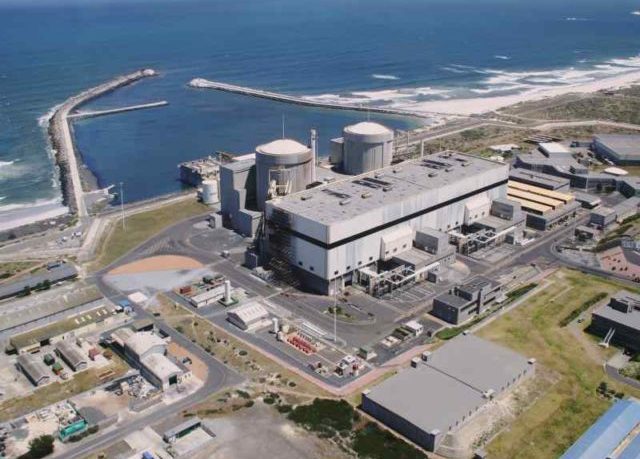- The South African Young Nuclear Professional Society (SAYNPS) urges the minister to follow through with plans to return the South African nuclear industry to its former glory.
Following Minister Gwede Mantashe’s Mineral Resources and Energy Budget Vote Speech earlier this month, the organisation is very optimistic about the future of the nuclear industry in South Africa.
SAYNPS advocates for a balanced energy mix, which adequately utilises all sources of energy available to achieve reliable, secured and affordable electricity for all South Africans, while at the same time inflicting the least negative impact onto the environment.
The youth organisation believes that this goal will not be achievable without the inclusion of nuclear energy and is therefore very pleased with the decision to include nuclear back into the upcoming Integrated Resource Plan.
Nuclear makes sense in the energy mix
Nuclear is by far the most reliable energy source, it emits almost zero carbon into the atmosphere during operation and over the life span of a nuclear power plant the cost of the electricity coming out of that plant is very affordable.
In his address, the Minister highlighted a number of positive uses of nuclear technology beyond producing electricity, this is something that the SAYNPS really hold dear to our hearts highlights Gaopalelwe Santswere, Executive Chairperson of SAYNPS.
“We are a passionate group of young professionals who truly understand first-hand the immense value that these nuclear technologies which the Honourable Minister so rightly highlighted can bring to our country and the wellbeing of our people,” said Santswere.
SAYNPS is overjoyed with the minister’s ambitions and planned interventions to protect South Africa’s global market share and competitive advantage in the field of nuclear medicine.
Under the correct leadership, the organisation believes that the Nuclear Energy Corporation of South Africa (Necsa) has the potential to become a world leader in various nuclear fields, beyond just the supply of medical isotopes.
Job creation
Santswere went on to highlight the positive impacts that the plans to replace SAFARI-1 Research Reactor with a Multipurpose Research Reactor will have for South Africa. “The replacement of SAFARI-1 really does have the potential to revitalise the nuclear industry in South Africa and will certainly assist in our country’s global competitiveness in various fields as well as grow our competencies in science and technology.”
He went on to note that a renewed focus on various nuclear technologies in the country would also positively impact the current dire unemployment rate, particularly amongst the youth.
“While South Africa’s unemployment rate is high for both the youth and adults, the unemployment rate among young people is the highest. We believe that a rejuvenated nuclear industry will open up a myriad of new and exciting opportunities for young South Africans, including well-paid jobs and studying abroad on full scholarships,” concluded Santswere.
Author: Nicolette Pombo-van Zyl
This article was originally published on ESI Africa and is republished with permission with minor editorial changes.















